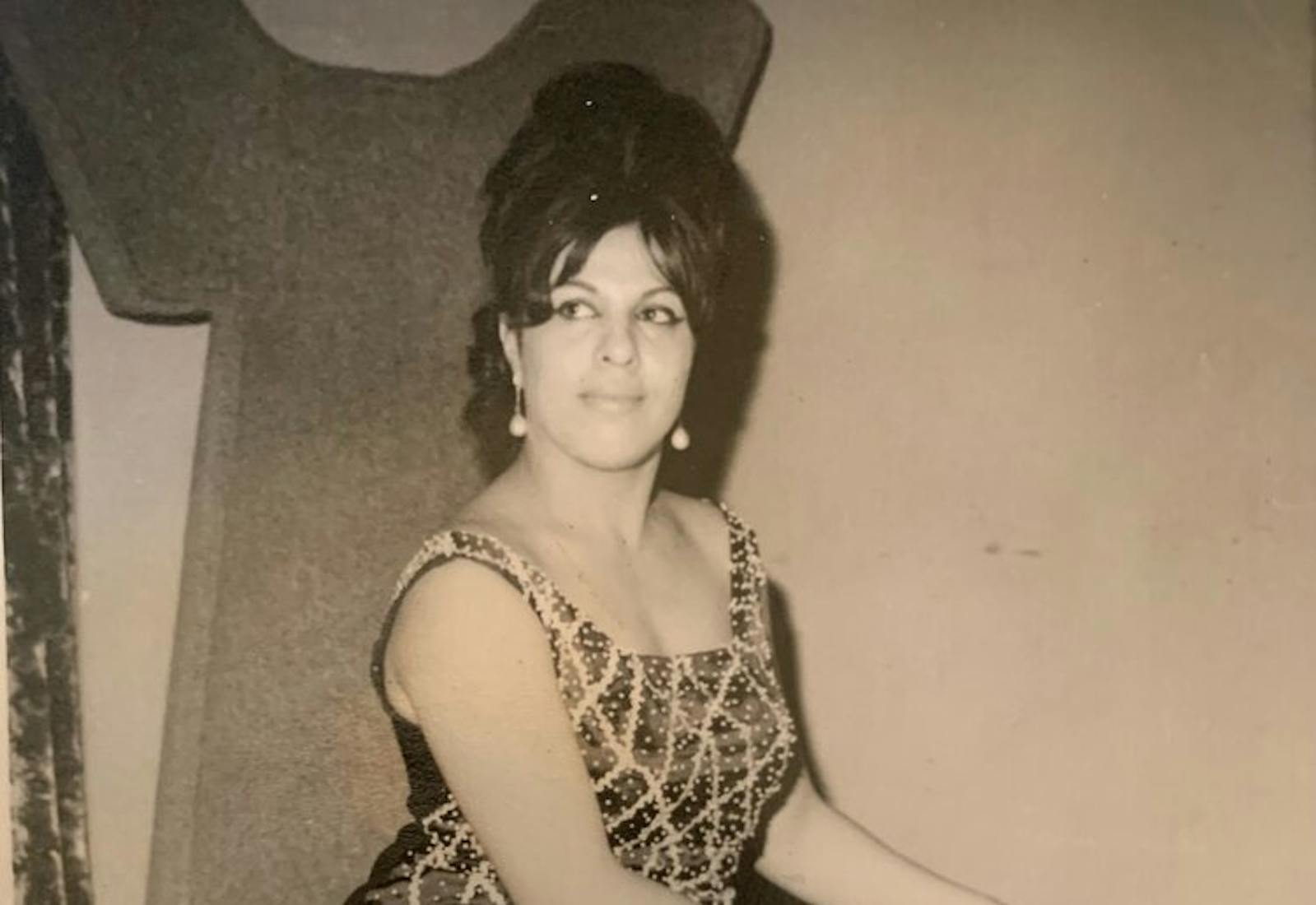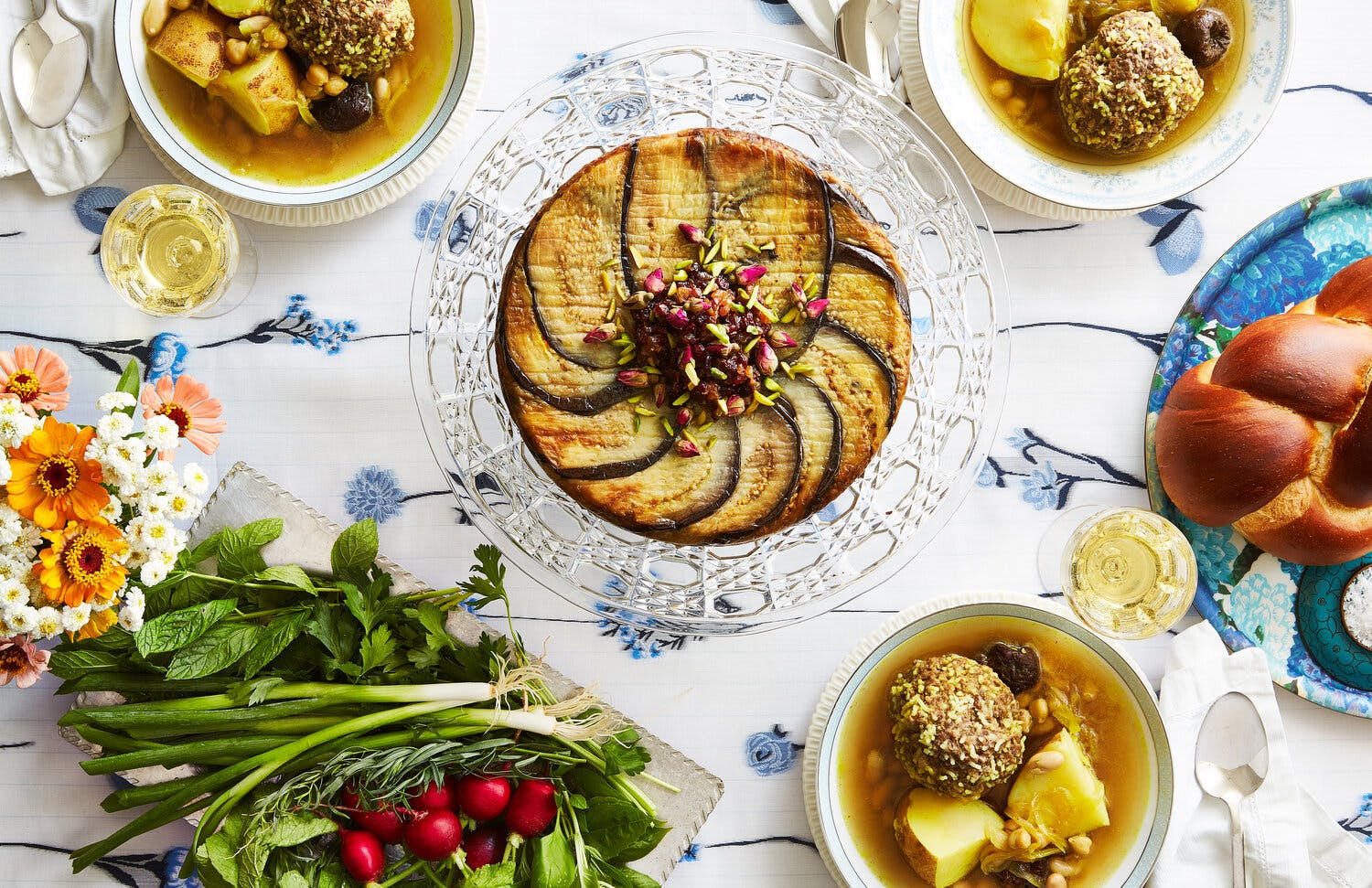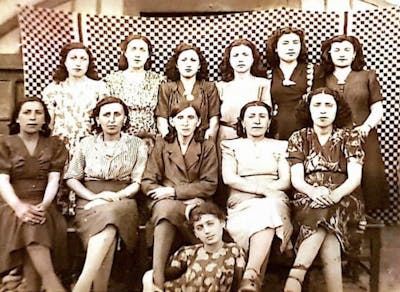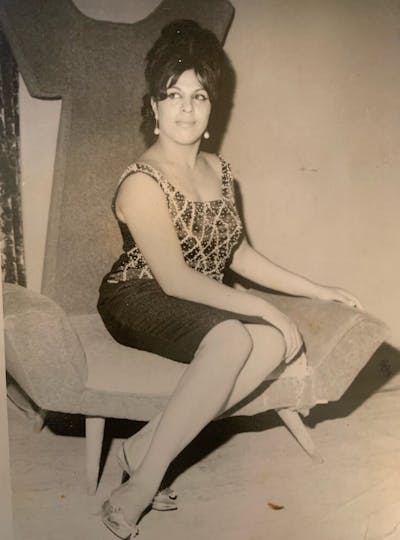Shared by Orly Elyashar

Orly Elyashar has a sense of humor about the community she grew up in. Called the Hamadani or Hamedani Jews, the name, she explains “translates to know it all. Hama means everything and everyone and dan means knowledge.” In addition to being well educated, the community has a reputation for dressing stylishly. “There are all these jokes about hamadinis taking showers with suits on,” Orly adds.
The community, which mostly cooks Persian food, comes from Hamadan, a city and province by the same name, in the west of Iran, halfway between the capital Tehran and the border with Iraq. Often cited as one of the oldest Jewish communities outside of Israel, it’s home to the tomb of Esther and Mordechai, and in the late 19th and early 20th century, nearly 5000 Jews lived there. Today, there are just three families in Hamadan, according to linguist Saloumeh Gholami, and the unique language of the community has nearly disappeared.
Orly’s family, like many others who lived in Hamadan for generations, fled the country after the Iranian Revolution in the late 1970s. Orly was still a little child when her family split up with her grandparents and brother escaping to Los Angeles so he could avoid conscription into the Islamic army. He was 13 when he was “sent off into the desert…. They basically smuggled these kids out of there,” Orly says.
She and her parents made their way to Israel to meet up with other relatives and a few years later moved to Los Angeles. The transition from life in Iran to one outside of its borders was hard. “I think this story is so common for first generation immigrants,” Orly explains. “Basically, you have no work, no language, no direction, nothing, and you are placed in this environment where ok, figure it out.” In Iran, her father was a prominent doctor, her mother went to Paris to shop, and the clothes they wore were handmade in London.
In late 1980s LA, Orly could easily spot the other kids at school like her. “There was always a group of kids that you saw that you just knew were on the same page as you are…. They were wearing the pair of shoes that were two sizes two big because that’s what was on sale at the time,” she says.
Her family found support in the community and relatives who took them in. For a time, she lived with her parents and brother in the master bedroom of her aunt’s condo and later, she moved in with her grandmother Simin, a petite and striking woman with blondish hair and blue eyes, whose cooking comforted Orly in her new home.
“Every morning, even though she had nowhere to go,” Orly says, Simin dressed in a skirt and silk blouse, and donned high heels as she headed to the kitchen to prepare recipes like baked rice with eggplant called tachin and cabbage dolma or stuffed leaves with split peas, rice, herbs and spices that she would make with Orly’s mother and aunts.
On Fridays for Shabbat dinner, she always made a Hamadani version of gondi berenji, or meatballs made with rice and stuffed with prunes, and served in a broth with potatoes, chickpeas, and cannellini beans. One of Orly’s clearest memories from childhood is of laying her head on her grandmother’s lap. “Her skirt always smelled like that gondi recipe,” Orly recalls.
Now a private chef, recipe developer, and culinary instructor, Orly didn’t learn to cook until she was an adult. But, as her love of time in the kitchen deepend, she became determined to master the family recipes, making them over and over until she matched the taste of grandmother’s cooking. When she became a mother, she wanted to pass on Simin’s legacy to her children who never met her. “It’s so important for us to pass that torch,” Orly says. “It’s going to die out otherwise.”


